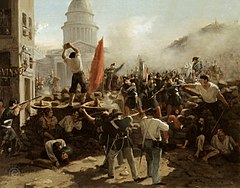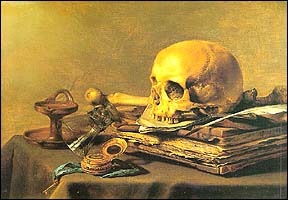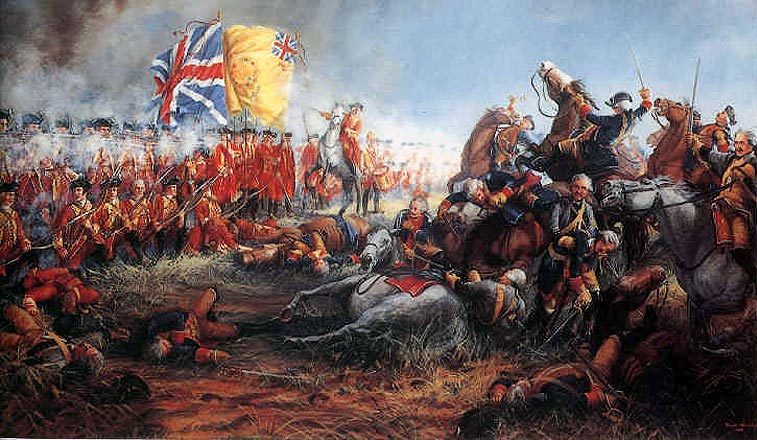1. Adam and Eve in the latter half of this book have a very unique relationship. Eve, who came from Adam's rib, is much like a child in her wisdom and knowledge of the Garden they dwell within. Adam seems to constantly explain even the most basic of things to Eve as she explores creation. In this section of the text, Adam refers to Eve as "an equal" but within the context of holy submission. He still remains in a very pedagogical relationship with her, but holds her with much adoration and respect as he does with the rest of God's creation.
2. Milton uses elaborate imagery of nature to convey Satan's corrupt and deceptive nature. Satan has only been disguised in the Garden, except in the case of his revelation with his internal argument earlier, and he is described to be "squat like a toad" both describing the ugliness of him and his readiness to leap for an opportunity to deceive man. Milton also describes Satan with "discontented thoughts, vain hopes, vain aims," and "inordinate desires".
3. Satan, in his discussion with Gabriel, argues that his escape from Hell is the wisest choice he could have chosen in his limited position. Gabriel reminds Satan that he is in that position because of his rebellious choice against God and that it was only unwise and more imprisoning to escape from Hell. Because all are under God's will, and Satan is still attempting to liberate himself from that inevitable will, he is only setting himself up for greater punishment and imprisonment.
4. While Satan and Gabriel are arguing in the Garden, things are rapidly getting more violent. Before a full fight breaks out, a pre-lapsarian Armageddon of sorts, God sends a sign to hang over the two. A large set of golden scales suspended in the air comes in view of both of them. Satan is immediately reminded of God's immutable will. Milton uses the ancient Greek symbol of Fate, the unchangeable force that all are subject to, to describe God's omnipotence. As soon as Satan sees the scales, he is reminded that he can never will a fight against God and flees immediately.
5. Both Satan and Raphael offer Eve and Adam respectively power in their dream speeches. However, there is a major distinction between the two's proposals. While both offer that man can become more like God, Satan looks to become god but Raphael looks for them to become in coexistence with God under his authority. Satan persuades by means of replacing god, making Adam and Eve their own gods, just like Satan chose. Raphael tries to convince Adam that he can be in power under God by submitting to his authority.
6. Milton explains again that Adam and Eve have the free choice to obey or disobey God. Although they have free will, and they have the complete and total ability to choose to disobey God, God loves them so much and wants them to obey and love him, that he sends Raphael to work to persuade them against Satan's lies. When God sends Raphael to help Adam and Eve, it demonstrates God's beautiful balance of wanting man to love him but also allowing them to choose to do so.
7. When Satan enters heaven, the reader might expect him to have some sort of change of nature. However, because lies and deception is equal to his nature, even his presence in heaven cannot alter him. He still must blame God for his choice of rebellion, he still must be filled with envy and jealousy as he looks at what heaven is and what the Son is to receive. Satan is so imprisoned in his own selfishness and ignorance, he cannot see how he is at fault, and thus, the reality of heaven is too polar for him to grasp. Though he remembers what life in heaven used to be like, he sees his banishment as a unjust punishment from God.













